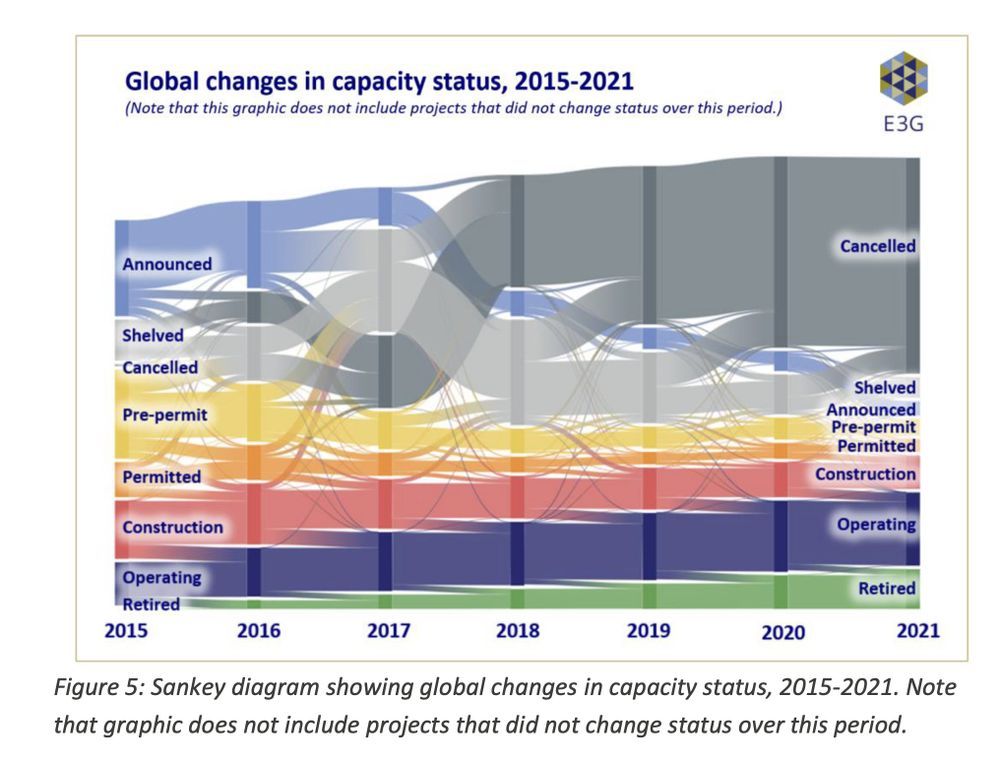
"No new coal by 2021 – The collapse of the global coal pipeline" is the name of a recent report published by the think tank E3G.
The report reveals that 76 percent of all coal-fired power plants planned to be built since 2015, the same year as the Paris Agreement was signed, have been stopped.

"Since 2015, 44 governments (27 in the OECD and the EU, 17 elsewhere) have already committed to no new coal, paving the way for the remaining countries that are not yet acting. We see that another 40 countries (8 in the OECD and the EU, 32 elsewhere) with no new projects are in a position where they could easily commit to 'no new coal' ", the report states.
Globally, 1,175 gigawatts of planned coal power projects have been suspended since 2015. The reasons are, among others:
- Accelerating market trends where the reduction in the price of renewable energy is key
- New government policies
- Resistance in civil society against coal
The world has thus avoided an expansion of 56 percent of the total global coal fleet. This is equivalent to adding a second China, 1,047 gigawatts, to global coal capacity.
In July 2021, China and the countries with the five second largest coal power projects (India, Vietnam, Indonesia, Turkey and Bangladesh) accounted for over four fifths of the world's remaining coal power projects. Measures from these six countries could remove 82 percent of the remaining plans for coal-fired power plants.





